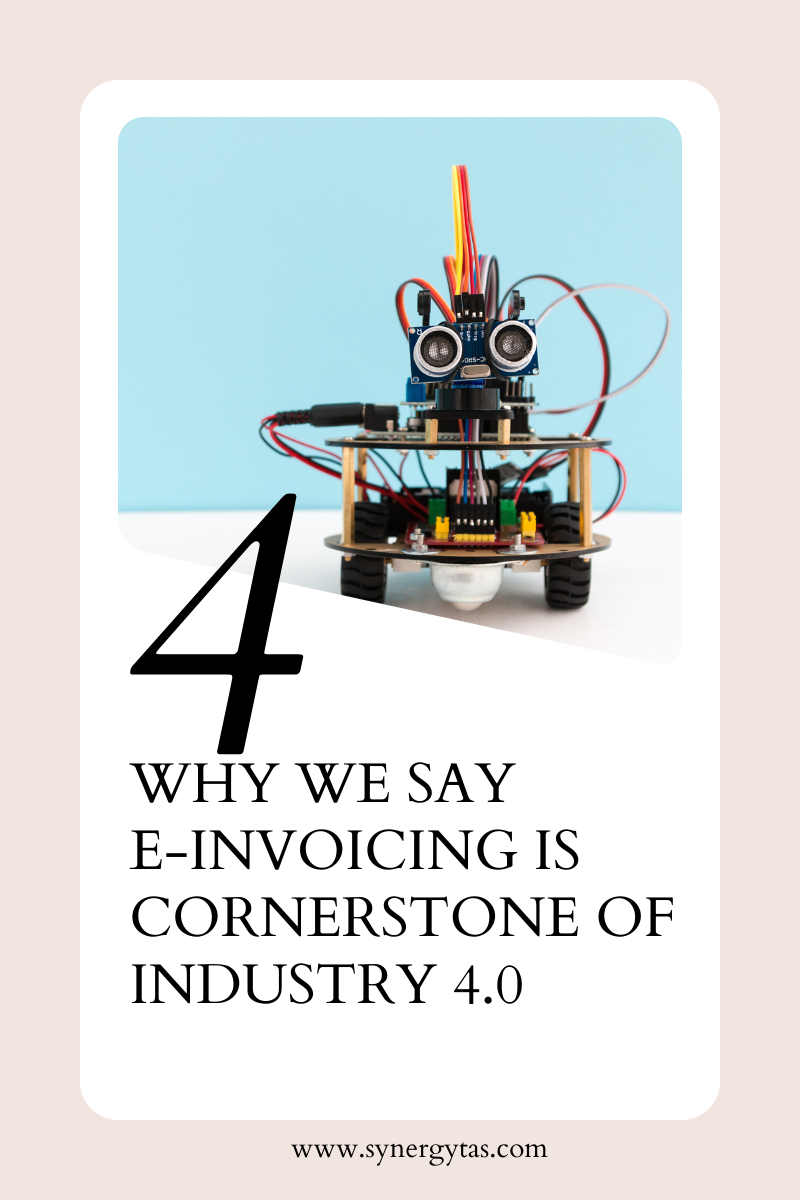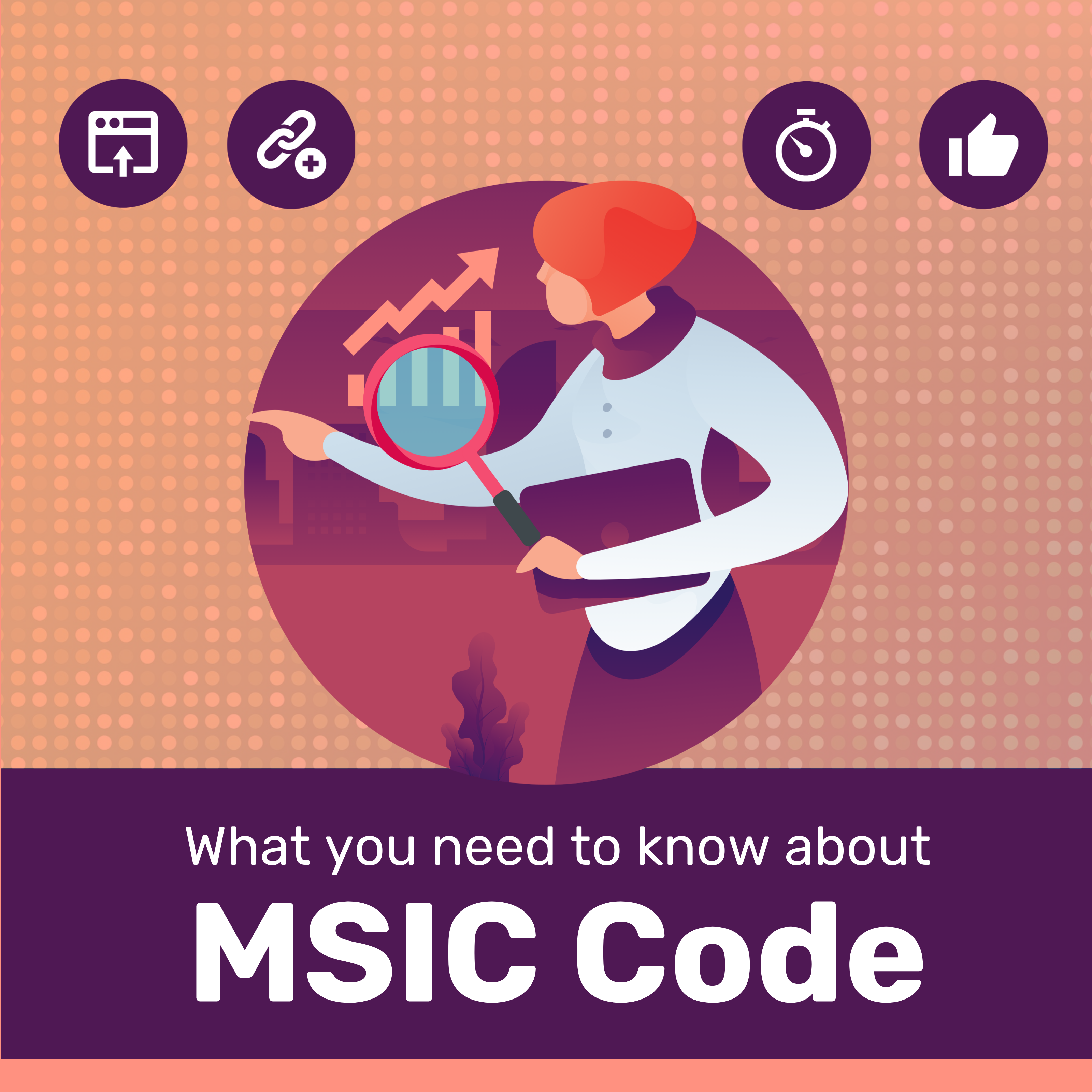The demand for real-time data is imperative for smart manufacturing. E-invoicing pioneers this demand, automating data exchange and drastically reducing errors that erstwhile haunted manual entries. For supply chain managers and business owners, such enhancements in transparency and accuracy mean better control over financials and an improved bottom line, which are hallmarks of a prospering enterprise.
Security in a Digital Age
Data privacy and protection cannot be an afterthought in today’s world. E-invoicing brings with it digital signatures and complete audit trails, edifying the fortifications against data breaches and non-compliance — a tranquillity much coveted by any prudent business operator.
Seamless Integration for a Connected Ecosystem
The cogs of Industry 4.0 run on synchronisation of systems across the supply chain. E-invoicing is instrumental in facilitating seamless data interchange between various digital platforms seamless data interchange it lays the groundwork for an interconnected haven where automated processes communicate with ease, a fundamentality for Accountants and Business Owners who are carving their niche in a digitised economy.
Predictive Insights and Analytics
Data isn’t just numbers; it’s the oracle of insight. Utilising e-invoicing paves the way for advanced analytics. CFOs can predict cash flow trends, visualise expenditure patterns, and unveil actionable insights for profound strategic decision-making. This crowns e-invoicing as more than a mere functionality; it bring to the Decision Maker the tool for savvy management and foresight.
With e-invoicing emerging as a driving force in Industry 4.0, its merits are perfectly in line with the ambitions and operational demands of this new industrial era. Its adoption isn’t an option but a linchpin strategy for businesses aspiring to grasp the full potential of a digitised marketplace.
Those navigating this latest industrial revolution regard e-invoicing not as an isolated process alteration but as an integrated part of a broader transformational wave. It extends beyond accounting efficiency to the essence of industry innovation, encapsulating reliability, forward-thinking analytics, and robust compliance.
Time to step into the future and look into what is required for Industry 4.0 strategy?










